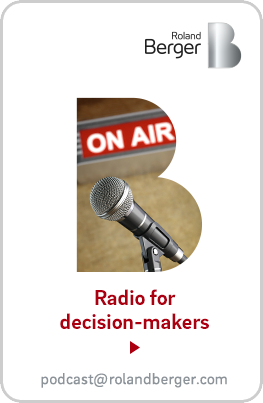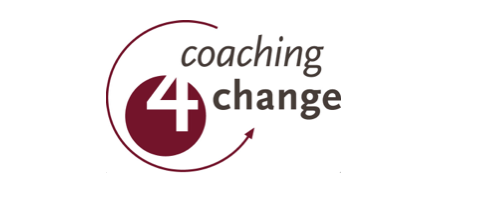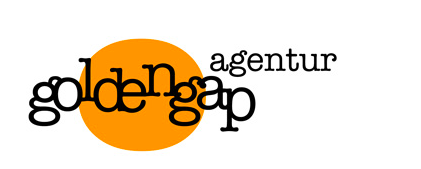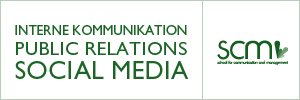Dear Audience, the UN Conference on Climate Change in Paris has achieved historic commitments. Germany is part of the Zero Emissions Vehicle Alliance which aims at making all passenger vehicles emission-free by 2050. Now, what counts is making commitments real. Establishing sustainable public transport systems of the future is one lever – that’s the mission of a joint initiative between the European Union, energy and automotive industry partners as well as pioneering cities. Together, they have set an agenda to reduce emissions and preserve local air quality, and to reduce harmful noise levels caused by public transport – by commercializing fuel cell technology in urban buses in Europe. 56% of Europeans think pollution can be reduced by improving public transport, and that this can best be achieved by city authorities. Hence, seeking alternatives to diesel buses is therefore crucial. To find out about the opportunities of fuel cell electric buses and a public framework that supports operators in deploying this technology, we talk today to Yvonne Ruf, Principal at Roland Berger and one of the authors of the study: „Fuel Cell Electric Buses – Potential for Sustainable Public Transport in Europe“ …
Ulrich Hinsen | ManagementRadio

















